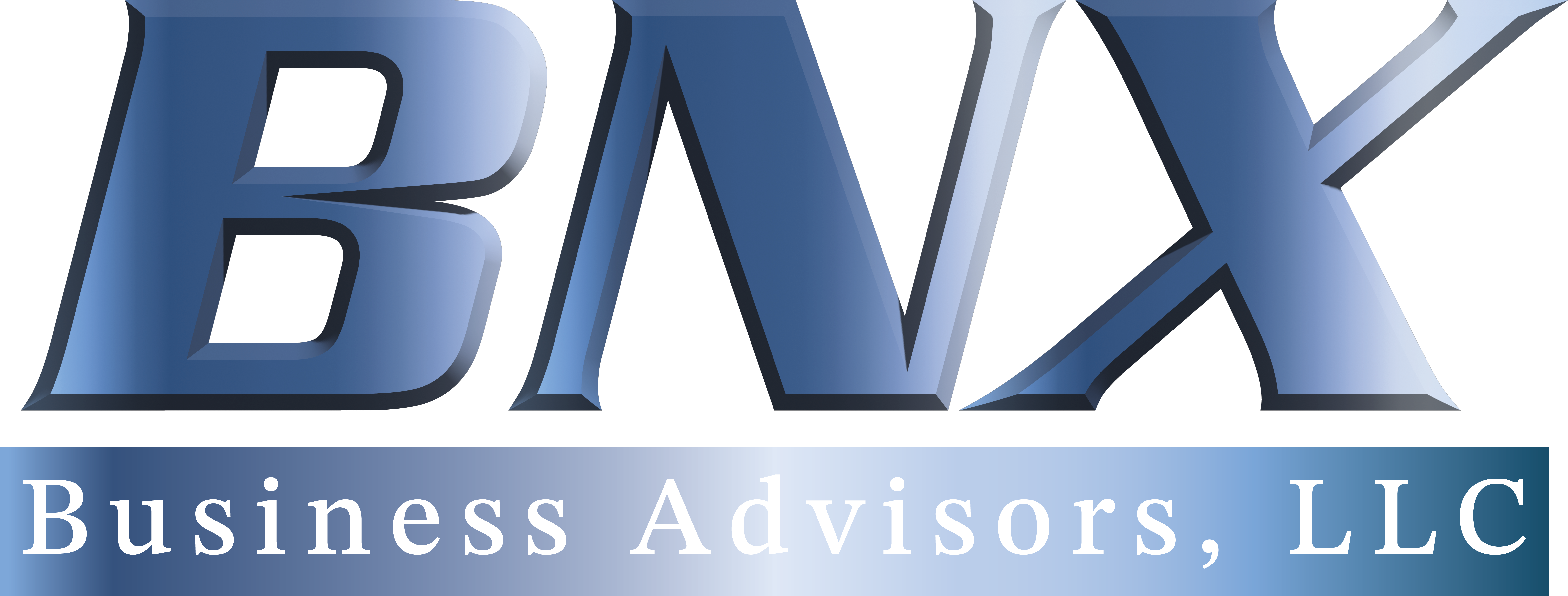
Best Practices for Continuous Learning
Introduction:
In today’s rapidly evolving work landscape, organizations that prioritize continuous learning and employee growth are better positioned to adapt, innovate, and excel. Empowering employees to continuously develop their skills and knowledge not only enhances their performance but also fosters engagement, satisfaction, and long-term loyalty. In this blog, we will explore the importance of empowering employee growth and provide best practices for fostering a culture of continuous learning within organizations.
- Create a Learning Culture:
Building a learning culture begins with fostering an environment that values and supports continuous learning. Encourage employees to embrace a growth mindset, where they believe in their ability to learn and improve. Celebrate and recognize the efforts and achievements of employees who pursue learning opportunities. Establish learning as a core value by integrating it into performance management processes and discussing it during team meetings and evaluations.
- Provide Development Opportunities:
Offer a range of development opportunities to cater to different learning styles and preferences. Provide formal training programs, workshops, seminars, and conferences to enhance specific skills or knowledge areas. Offer access to online learning platforms or resources that employees can utilize at their convenience. Encourage employees to attend webinars, join professional associations, or participate in industry events. By providing diverse development options, you enable employees to choose the methods that best suit their learning needs.
- Encourage Skill Expansion and Cross-Training:
Encourage employees to expand their skill sets and explore areas beyond their immediate job responsibilities. Provide opportunities for cross-training and job rotation, allowing employees to gain exposure to different roles and functions within the organization. Cross-functional projects or collaborative assignments can help employees broaden their perspectives, develop new skills, and foster a better understanding of the organization as a whole.
- Support Mentoring and Coaching:
Establish mentoring and coaching programs to support employee growth. Pair employees with experienced mentors who can provide guidance, share knowledge, and offer career advice. Encourage leaders and managers to act as coaches, providing ongoing feedback, setting development goals, and supporting employees in their growth journey. Mentoring and coaching relationships foster personalized learning experiences and create a sense of support and guidance.
- Encourage Continuous Feedback and Reflection:
Continuous feedback and reflection are essential components of continuous learning. Encourage regular feedback conversations between managers and employees to discuss strengths, areas for improvement, and development goals. Provide opportunities for employees to reflect on their experiences, learn from their successes and failures, and identify areas where additional growth is needed. Encourage employees to seek feedback from colleagues and peers, creating a culture of learning and growth.
- Promote Self-Directed Learning:
Empower employees to take ownership of their learning and development by promoting self-directed learning. Encourage employees to set personal development goals and create individual learning plans. Provide resources and tools to support self-directed learning, such as access to online courses, learning libraries, or learning management systems. Foster a culture where employees are encouraged to explore new technologies, industry trends, and emerging best practices on their own.
- Recognize and Reward Learning:
Recognize and reward employees who demonstrate a commitment to continuous learning. Acknowledge and celebrate their achievements and progress in acquiring new skills or knowledge. Consider incorporating learning outcomes into performance evaluations and linking them to career progression or development opportunities. By recognizing and rewarding learning, organizations reinforce the value of continuous growth and create a culture that encourages employees to invest in their development.
Conclusion:
Empowering employee growth through continuous learning is vital for the success and sustainability of organizations. By creating a learning culture, providing development opportunities, encouraging skill expansion, supporting mentoring and coaching, fostering feedback and reflection, promoting self-directed learning, and recognizing and rewarding learning, organizations can create an environment where employees are motivated, engaged, and equipped to adapt to evolving challenges. Remember, investing in employee growth not only benefits individuals but also drives innovation, productivity, and overall organizational success.
